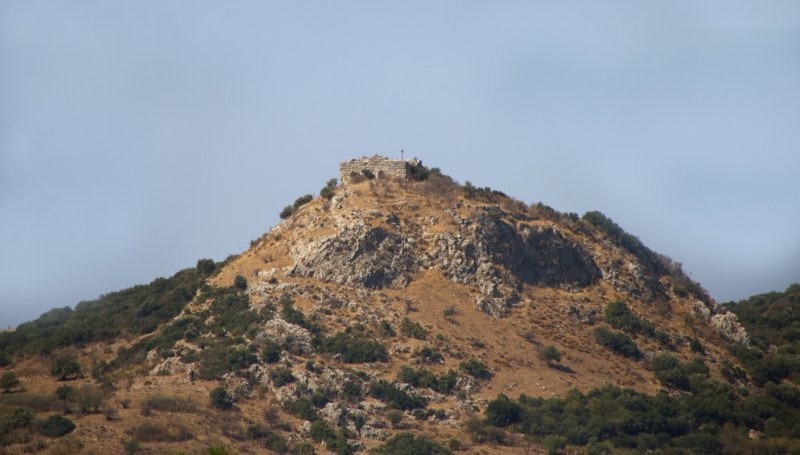St. Paul ün hücresi
For sure Ephesus is a very important place for the early Christianity. St. Paul’s 3 years of stay in Ephesus, the letters written to the Ephesians by St. Paul, his preaches in the Ephesus Great Theater and the big protest against St. Paul organized in the Great Theatre by Demetrius, the Silversmith take important role for this period.
We know that St. Paul worked in the Commercial Agora, the big shopping Center, near Celsus Library and earn his life working as a tent maker. He invited Agrippa and Pricilla from the City of Korint. This couple were working together with St. Paul, sewing the tents and spreading the Christianity, preaching at the Synagogues.
We see St. Paul name in both Ephesus Amphitheatre and the Commercial Agora. But the Grotto of St. Paul which was discovered recently is also very important. In this Grotto we see St. Paul’s Fresco belongs to 5th AD and unique in Ephesus. St. Paul. In this fresco he was painted with books and while preaching. There are two women near him; it is though thought that they are Virgin Mary and St. Tecla.
There is one more place in Ephesus associated with St Paul. It is St Paul’s prison, which was built to control the seaside of the city, called the “Watch Tower”. This place is located on a small hill on the seaside in Roman Time and probably it was surrounded by the sea and was a peninsula. Today some part of the ruins of “Watch Tower” is visible. But this place is not visited during the Ephesus Tours. Because it isn’t open to public. But it can be seen on Kusadasi - Selcuk road and from far away in your Ephesus visit.
It is not certain if this place is used as a prion or St. Paul was arrested in “Watch tower” or not is not certain. But this question can be asked? Why St. Paul was in prison? It is thought that he was arrested to be protected from the protests against him organized in the Great Theatre.
St. Paul was born in Tarsus, Turkey and a Roman citizen. That’s why they didn’t punish him and let him leave Ephesus.

